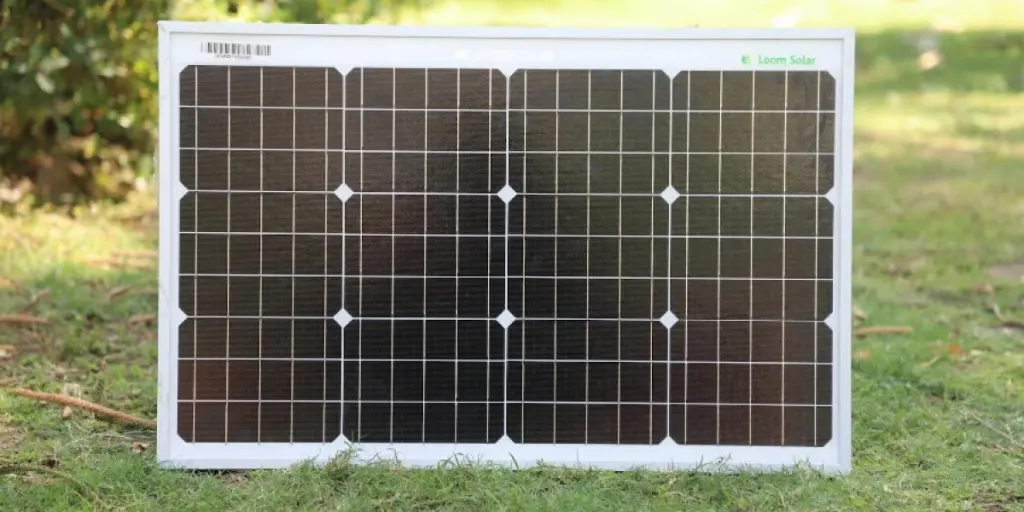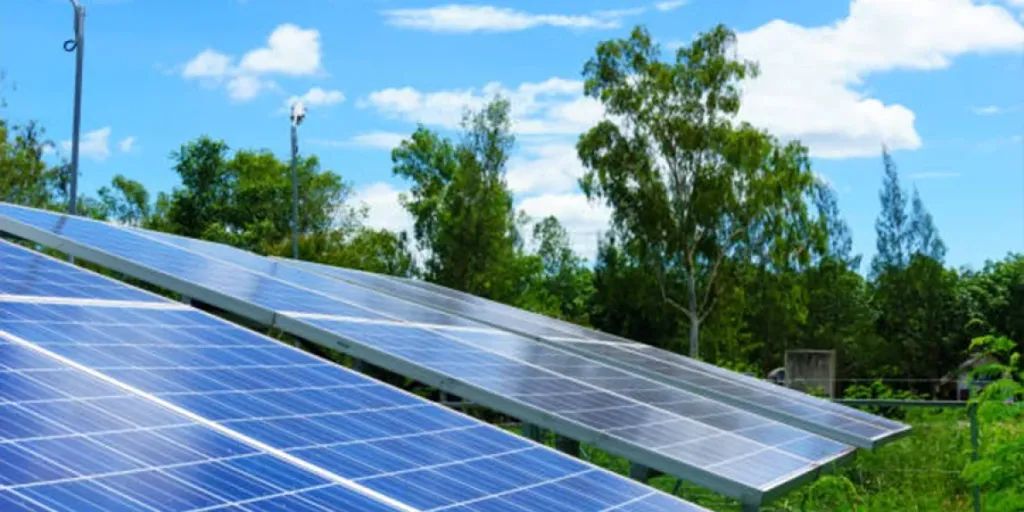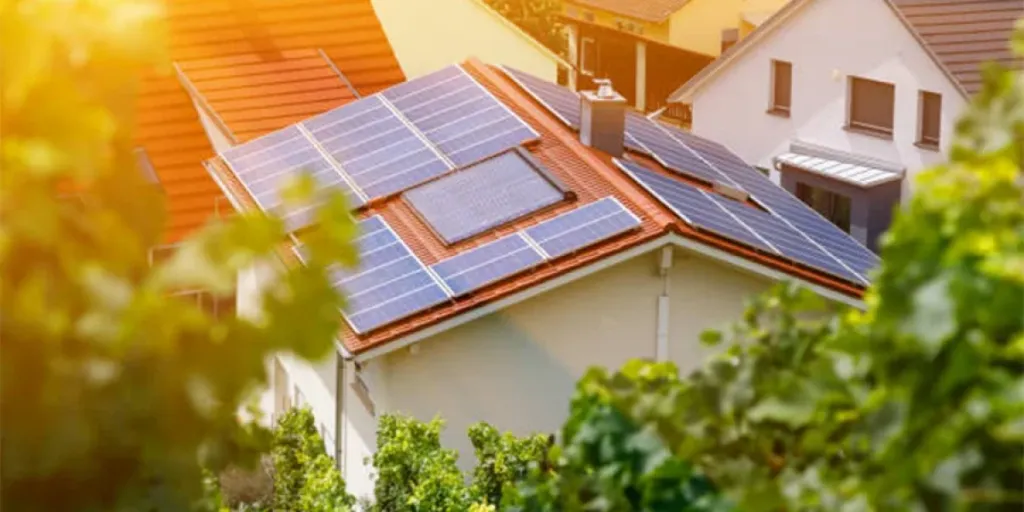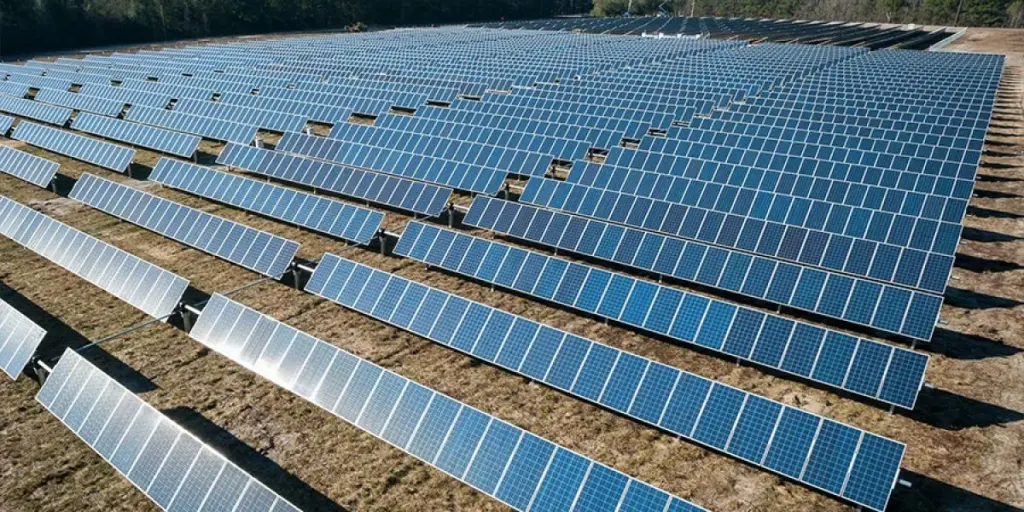- BDEW has announced 12 recommendations for agrivoltaic projects to take off in Germany
- One of the recommendations includes having a separate tender segment for this application
- Tender volume can be 200 MW in 2024 and expanded to 1 GW on annual basis by 2028
The German association for energy and water management (BDEW) has released a set of 12 recommendations for the government to facilitate the development of agrivoltaic projects, including having a separate tender segment, to help the country speed up towards its 215 GW overall PV target by 2030.
The association says these 12 recommendations show the great potential this solar PV application has which needs to be explored to ensure sensible development of solar in open spaces without leading to conflict over the use of land for large scale projects.
Referring to a Fraunhofer ISE initial potential assessment, Germany can install around 1.7 TW of ‘high-elevation’ agrivoltaic capacity. Only around 4% of German agricultural land to cover the entire current electricity demand in Germany with high mounted agrivoltaics, it counts.
A September 2022 study by the University of Hohenheim in Stuttgart and Thünen Institute in Braunschweig claimed 10% of Germany’s most cost-efficiency farms can help cover around 9% of national electricity demand by locating panels on 1% arable land.
Some of the key BDEW recommendations are as follows:
- Have a dedicated tender round for agrivoltaics as current modalities are not suitable going by the response from agrivoltaic projects in the recent tender rounds. BDEW proposes a tender volume of 200 MW in 2024 and expanded to 1 GW annually from 2028.
- Improved financial support is a must for electricity from small agri-PV systems to encourage their proliferation.
- Disadvantaged areas can be opened up for agri-PV systems since these are currently open only for projects of over 1 MW capacity supported by EEG tender scheme.
- Agri-PV must get a ‘no regret’ privilege in outdoor areas to enable dual use of land provided certain conditions are met.
- It must be strengthened in tandem with accelerated grid expansion which would also require more skilled workers and easier material availability.
- Do away with the requirement of recurring verification for agricultural PV systems on grassland as it is proving to be a significant investment obstacle.
All 12 recommendations and their details are available on BDEW’s website in German language.
“The companies now need better framework conditions so that these innovative systems can establish themselves widely in the market” explained BDEW Executive Board Chair Kerstin Andreae. “Central levers are the establishment of a separate tendering segment for Agri-PV, a more comprehensive and faster availability of space and the leveling of regulatory obstacles such as the deletion of recurring evidence and the introduction of a toleration obligation for connection lines.”
In May 2023, the German government’s revised PV strategy targeted for 11 GW annual installations for ground mounted and rooftop PV each from 2026 that also focuses on agrivoltaics.
Source from Taiyang News
The information set forth above is provided by Taiyang News independently of Chovm.com. Chovm.com makes no representation and warranties as to the quality and reliability of the seller and products.




